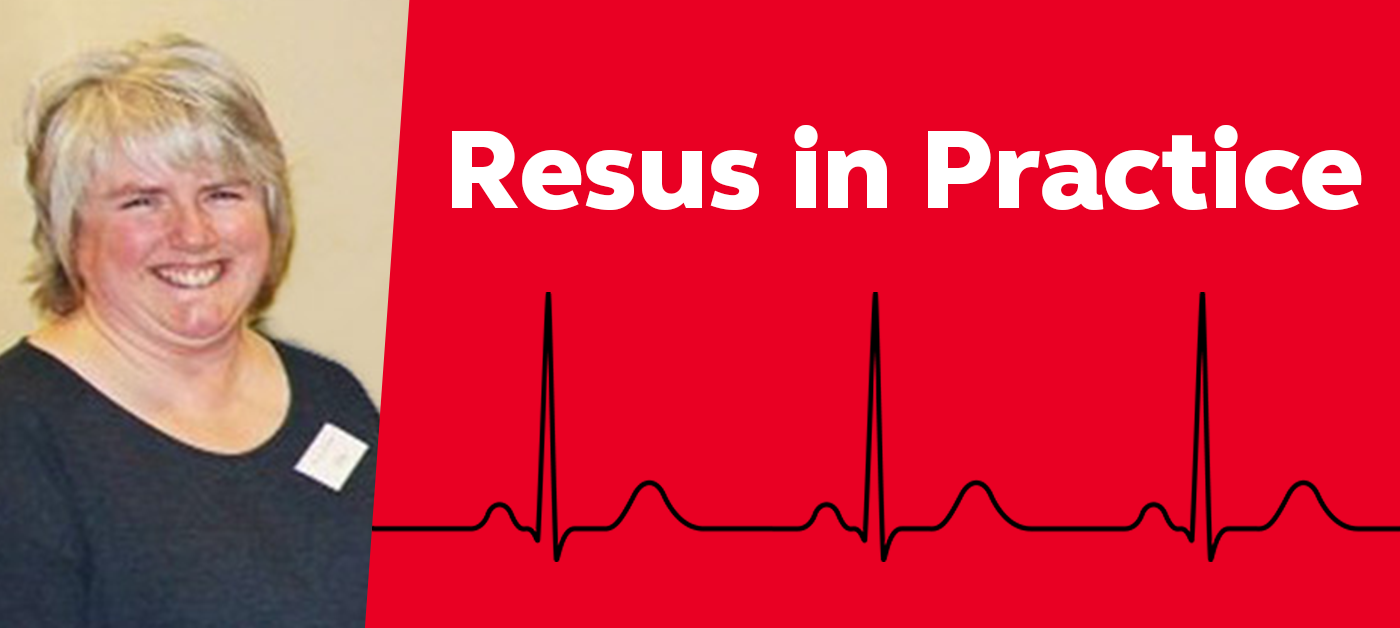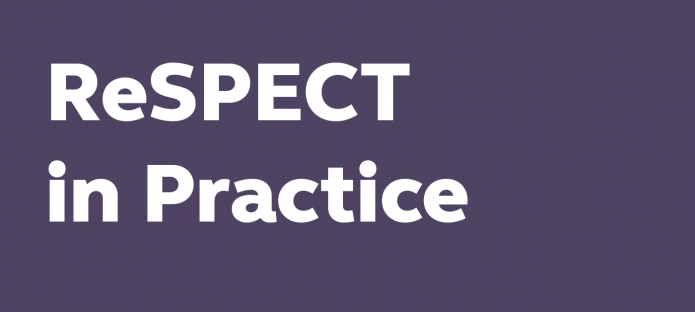Julie is the Resuscitation Training Officer (RTO) for NHS Shetland, a first for the small Scottish Islands.
Before Julie joined, there were no RTOs and training was done by Instructors in their own time. When Julie first joined the Gilbert Bain Hospital in Lerwick, she was supporting the Cardiac Rehab service and providing CHD education. Over the years, she has changed her scope of practice, and now finds herself an RTO for NHS Shetland, a trust which supports a population of 23,000. In her role, she’s part of the Clinical Skills Team and is also part of the active Resuscitation Committee, which meets quarterly and supports the non-training work that she does.
Gilbert Bain Hospital is run with a small number of medical staff. The hospital does not have specialist wards and has a nursing staff that have worked at the hospital for a long period of time. Julie describes herself and her colleagues as ‘true generalists’ and is pleased to work in a system that enables everyone to be flexible, multi-skilled and well-known to each other.
They have one cardiac arrest team that also attends medical emergencies via the 2222 phone system. To improve the chances of ALS providers being present, they started a Nurse-2222 bleep holder; this has proven successful and promotes cross-departmental working.
As expected, training is a crucial part of Julie’s job. Julie is currently an ALS and GIC Instructor. She has been a critical part of the development of the Advanced Life Support Course in Shetland, and now directs the course. Shetland also recently ran their first ever GIC and, with permission, put through five local ALS IPs - a great achievement for a small, but mighty, place!
Julie works a 3-day week and plans her time carefully to ensure her training commitments are all managed and delivered. She currently does 28 BLS and 16 ILS courses per year, but hopes that a recent surge in Instructors could lead to having more ILS co-Instructors next year. She also travels out to do BLS in health centres and reviews their equipment and procedures.
But it’s not always smooth sailing – literally! Sometimes, her work outside of her hospital includes an all day trip involving several ro-ro ferries and, according to Julie, ‘can be jolly exciting in rough weather!’
It can be lonely being the only RTO on the island, but Julie is grateful for the support of the Scottish Resuscitation Group. She also makes it a point to travel off the island to teach when she can, and so far she’s taught in Glasgow and Paisley, Dundee, Western Isles, Orkney, Aberdeen and even Dorchester.
There’s much to enjoy about life in resuscitation on Shetland, but the best part for Julie comes from teaching. She loves watching people’s confidence improve, and gets a real buzz from educating future lifesavers.
There’s always more to be done, and right now Julie and Shetland are looking at how to improve team leadership at a cardiac arrest, as they are struggling with the divide between simulated training and reality (a drop in cardiac arrests in their main ward areas has seen ward staff become less familiar with real-life cardiac arrests). A high proportion of their nursing staff are now ALS providers but not all the Medical Senior Staff are. As they look to improve on this, Julie would love to receive suggestions from anyone who has approached this problem before, proving she really is a champion for community spirit and contribution.


